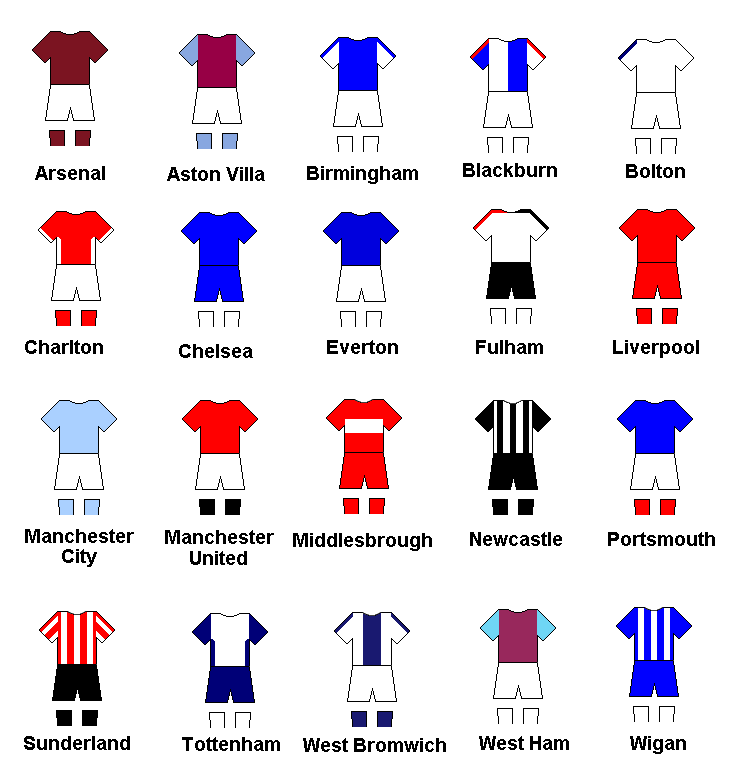 |
Photo from www.lukeford.net
[CC BY-SA 2.5]
via Wikimedia Commons |
1. As part of my summer reading, I have been reading Tim Gunn's book
The Natty Professor. I have been introduced to Tim Gunn by watching Project Runway, a favorite of my significant other. In one section of the book, Gunn describes listening in on museum visits. He reflects on open-ended questions and being purposeful about presenting ideas and artists. He is essentially calling on teachers to make conscious choices about invoking ideas and creating authentic learning events that focus on things that matter not esoterics like shapes in the picture or dates in history (I am not saying they are not important I am just saying they are not the key ideas).
2. In a recent
blog post by Mr Parkinson (in the UK), he suggests bringing the Premiere League into the classroom as a way of creating fun and different learning events. In the short post, he describes how teachers can create a fantasy league in a way that provides learning opportunities in reading and math. It is a way to discuss budgeting, making economic choices, and discussing statistics.
3.
Grammarly is my new favorite tool for writing. Since I do a lot of writing a tool that helps correct the small and larger errors is welcome. I have found Grammarly to be incredibly useful (though not perfect) as I write. There are critical voices out there about Grammarly e.g. this
post but the my point here is not really about the tool. I fell in love with Grammarly, not because it is an excellent tool to correct your writing (it does help). I fell in love because it gives clear explanations of why it marks what it presumes is less than optimal writing, allowing me to make decisions about what I want to change and what I do not. Further, over time it decreases my errors since I have learned the reasoning behind the correction and avoid common errors.
See more about Grammarly
here.

All of these disparate thoughts connect to one central point. The value of using authentic learning experiences is in the kind of metacognition it can produce. Going to the museum is great, but the real benefit comes from the explicit thinking about process and observation that is scaffolded by a knowledgeable and capable teacher. Bringing a sports fantasy league (or a mock stock portfolio) into your classroom can be fun. Again, the real value comes from discussing the decisions people make and the learning from real world results. Without the metacognitive discussion, it becomes a competition for points where learners may be winning but still missing the central point. It is the same using a tool like Grammarly; it pays dividends when you read the explanation and think through writing patterns.
The bottom line is that learning always benefits the learners much more when they understand the why and how of learning leading them to more general understanding and a growing capacity to direct and own their learning.
 This weekend I went to Fargo, North Dakota for an athletic event. Navigating a new city is always a challenge, and I started by activating Google Maps to get everywhere in town. I quickly found out that relying on google maps without any idea about the general direction was a disorienting and challenging experience.
This weekend I went to Fargo, North Dakota for an athletic event. Navigating a new city is always a challenge, and I started by activating Google Maps to get everywhere in town. I quickly found out that relying on google maps without any idea about the general direction was a disorienting and challenging experience. 

